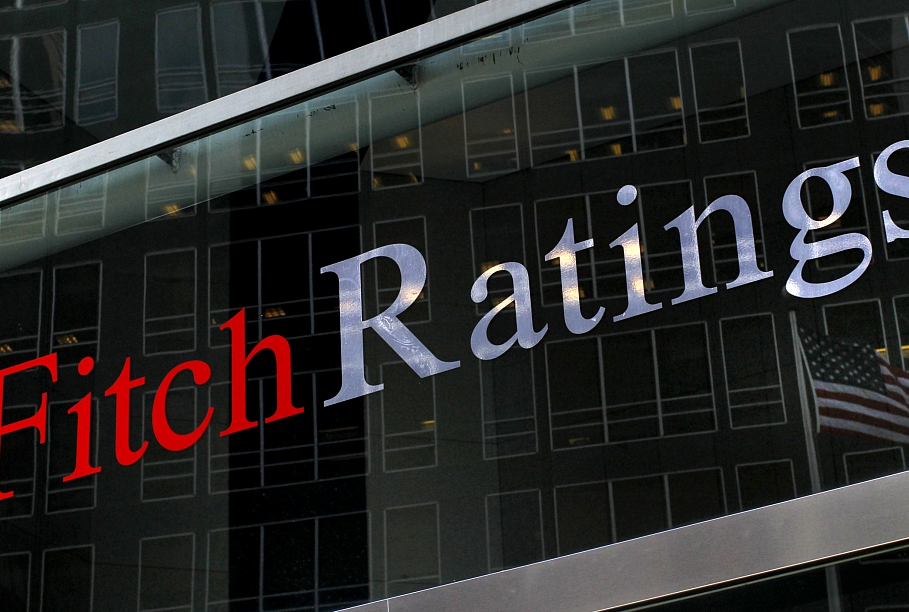"Public finance metrics compare favorably with peers, underpinned by modest fiscal deficits, relatively low debt levels and political consensus around fiscal prudence. Fitch expects the 2019 general government deficit to remain at 0.7% of GDP, slightly above the 0.5% projected in the budget approved in early April, but well below the projected 2.0% peer median deficit. Although the budget foresees modest expenditure cuts, Fitch does not expect these to fully offset lower net corporate income revenue associated with the tax measures adopted in 2017 that narrowed the corporate tax base. The impact of the reform was already evidenced in 2018, with the rate of growth in tax revenue falling below nominal GDP growth, despite very strong macro tailwinds," he agency said in a note.
"There is little clarity at present about the new government's medium-term fiscal agenda, but Fitch believes the authorities will continue to target low deficits," Fitch said, adding that it expects GDP growth to moderate in 2019-2020, to an average of 3.1%, after reaching a seven-year high of 4.8% in 2018.
"Lower headline growth and slower wage increases should ease labor market pressures over the next two years, further reducing lingering risks of overheating... although unit labor costs rose faster than the rate of productivity in 2018 (4.5% versus 3.1%) there is little evidence so far that Latvia has lost export market share," it explained.
On banking sector reform, the view was positive, too, after years of worrying about the potential risks posed by the non-resident sector which has now shrunk considerably.
"Latvia continues to implement a number of reform programs to enhance the anti-money laundering framework. The new government has made it a priority to strengthen financial supervision, including by increasing funding to the supervisory agencies and financial crime units. Although reputational issues remain a problem--as highlighted again by a recent high profile scandal regarding past behavior of Nordic banks in Latvia--Fitch believes the spill-over risks to the real economy are limited," Fitch concluded.






























